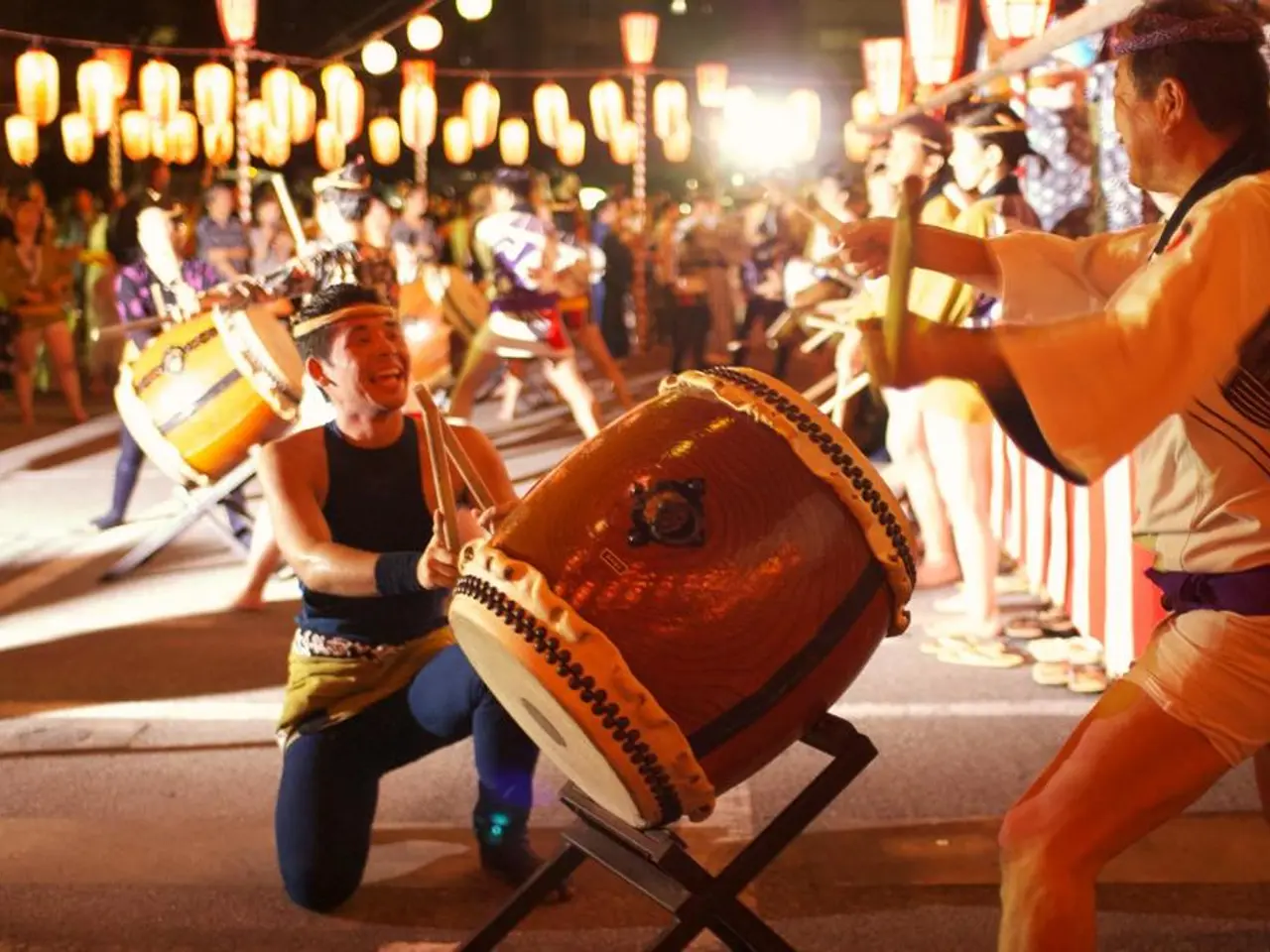The Afghan Youth Orchestra: A Symbol of Resilience and Hope
Taliban-Defying Musicians: Afghan Youth Orchestra's Unyielding Music Movement
The Afghan Youth Orchestra, also known as the Zohra Orchestra, is making waves in the international music scene. Founded in 2008 by Ahmad Sarmast, the director of the Afghanistan National Institute of Music (ANIM), the orchestra is a testament to the power of music and the resilience of the Afghan people.
The orchestra was established as part of a broader effort to revive and promote Afghan music, which had been severely suppressed during the Taliban's rule from 1996 to 2001. With its formation, the Afghan Youth Orchestra aimed to preserve traditional Afghan music while also incorporating international music styles, reflecting the country's cultural diversity and its history of trade and cultural exchange along the Silk Road.
The orchestra's repertoire includes both traditional Afghan music, using instruments like the rubab and the tanbur, and classical Western music. This blend reflects the efforts of the orchestra to connect Afghan youth with global musical experiences while preserving their cultural heritage.
However, since the Taliban's return to power in August 2021, the Afghan Youth Orchestra has faced significant challenges. The Taliban has imposed strict restrictions on music and women's participation in public life, which directly impacts the orchestra. Many musicians have been forced to flee the country or go into hiding, and music education programs have been severely curtailed.
Despite these challenges, efforts to continue music education and cultural preservation continue both within and outside Afghanistan. Ahmad Sarmast, the founder and director of ANIM, has helped 273 people associated with his music school flee Afghanistan. The orchestra is currently guests at the Young Euro Classic Festival in Berlin, where they performed pieces that are connected to the current situation in Afghanistan and the policies of the Taliban.
The orchestra's performances at international festivals, such as the Young Euro Classic Festival in Berlin, have been a powerful symbol of resistance and hope for a future where music can thrive in Afghanistan. These performances not only highlight the musical talents of Afghan youth but also serve as a testament to the resilience and determination of Afghan musicians in the face of adversity.
In a poignant move, one song performed by the Afghan Youth Orchestra calls for Afghan men to support oppressed women in their struggle for freedom and equality. The last concert song, arranged by Tiago Moreira da Silva, is based on a Persian poem about the return of spring and the return of peace. Playing the traditional New Year piece is a protest against the Taliban's destruction of cultural tradition in Afghanistan.
Ahmad Sarmast, in a quote reminiscent of Pablo Neruda, says, "You can cut down the flowers and trees, but spring will always return, and you cannot stop freedom." He believes that the day will come when the arts can flourish again in Afghanistan, and that no oppressive regime can stay in power forever.
The Afghan Youth Orchestra's performances serve as a beacon of hope, not just for the Afghan people, but for anyone who values the power of music and the importance of cultural preservation. Their story is a testament to the human spirit's ability to overcome adversity and continue to create and celebrate art, even in the face of oppression.
References: 1. Afghan Youth Orchestra 2. Young Euro Classic 3. Beethovenfest Bonn 4. Interview with Ahmad Sarmast
- The Afghan Youth Orchestra, currently guests at the Young Euro Classic Festival in Berlin, is using music as a powerful symbol of resistance and hope, showcasing their cultural heritage and international music influences to the world.
- Despite the Taliban's restrictions on music and women's participation in public life in Afghanistan, the orchestra's performances at international festivals like Young Euro Classic serve as a testament to the resilience and determination of Afghan musicians in the face of adversity.
- The Afghan Youth Orchestra's Last concert song, arranged by Tiago Moreira da Silva, is a poignant protest against the Taliban's destruction of cultural tradition in Afghanistan, containing a call for Afghan men to support oppressed women in their struggle for freedom and equality.








